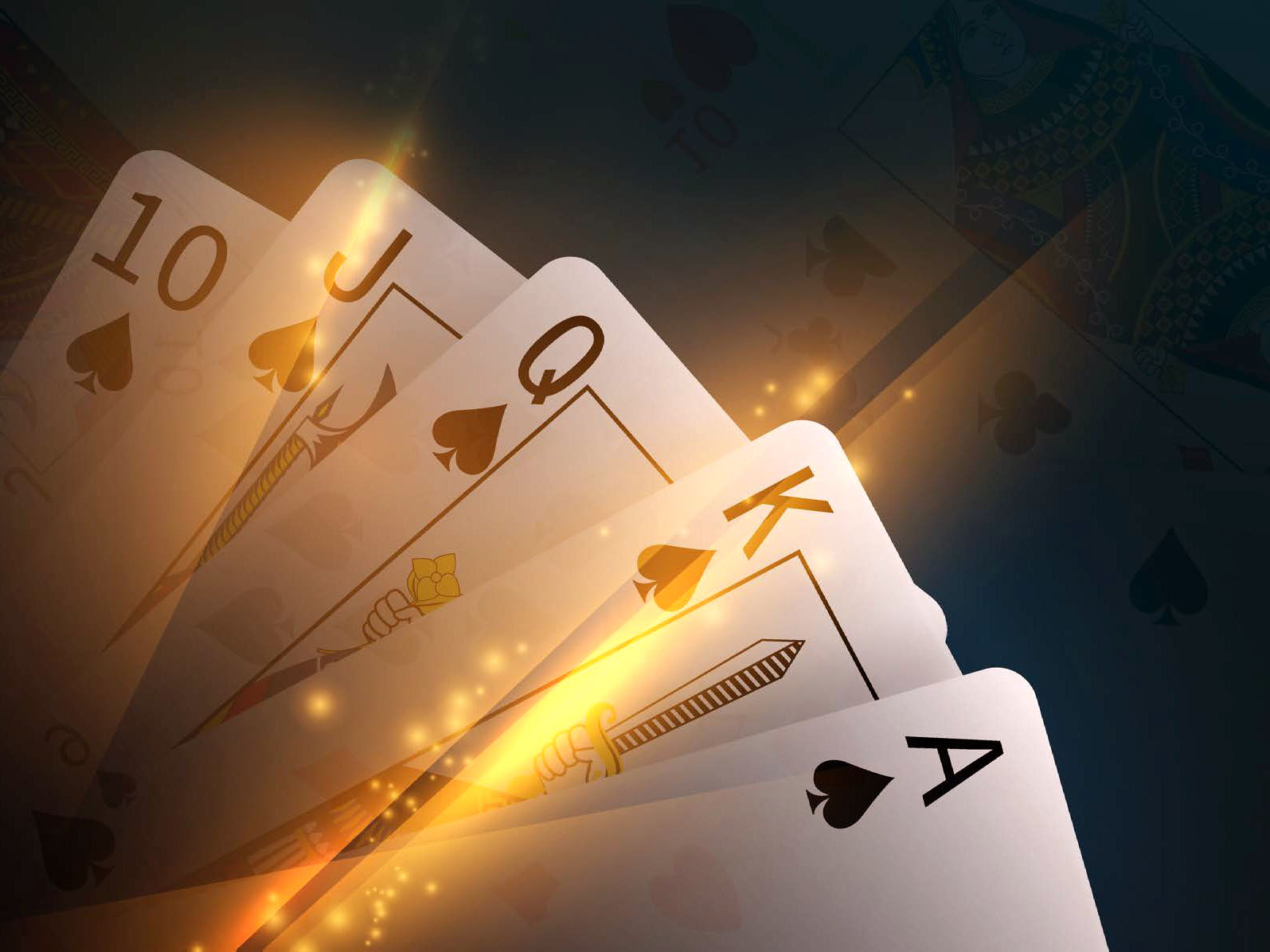Insights > Client Alerts
Client Alerts
Law No. 14,852/24: legal framework for electronic games approved in Brazil
May 16th, 2024

On May 3, Law No. 14,852/24, also known as the Legal Framework for the Electronic Games Industry in Brazil, was sanctioned, regulating the production, import, sale, development and commercial use of these products.
The law originated in Bill 2796/21, authored by representative Kim Kataguiri (União-SP), which was approved by the Brazilian House of Representatives at the beginning of April, after undergoing changes in the Federal Senate. President Lula vetoed only one section of the bill, which allowed companies investing in independent Brazilian games to deduct 70% of the value of remittances abroad from their income tax.
Law No. 14,852/24 dispenses with the need for prior state authorization to develop and operate electronic games, but establishes that the government will establish the applicable age rating, taking into account the risks related to the use of microtransaction mechanisms.
The Legal Framework for the Electronic Games Industry provides for certain principles that must govern electronic games, such as the protection of privacy and personal data, and informational self-determination. It also introduces important definitions for software, professionals in the field and what electronic games are.
Law No. 14,852/24 defines an electronic game as:
- An interactive audiovisual work developed as a computer program, in accordance with Law no. 9,609/1998, whose images change in real time based on the player’s actions and interactions with the interface;
- The central device and respective accessories, for private or commercial use, especially dedicated to running electronic games; and
- Software for use as a cell phone application and/or web page, video game console games and games in virtual reality, augmented reality, mixed reality and extended reality, played through download or streaming. The text excludes betting games, poker, and other games involving cash prizes from this segment.
Among the essential tools listed by Law No. 14,852/24 for the development of electronic games are computers, specialized equipment, computer programs dedicated to the creation of games, computer programs and licenses necessary for the team of multidisciplinary specialties, and SDKs (software development kits). The law provides for the regulation of customs clearance and import taxes on these tools.
The new legal framework for electronic games also includes measures to protect children and teenagers who play these games, such as that:
- the conception, design, management, and operation of electronic games accessed by children and adolescents must be based on the interests of this age group;
- Games that involve human interaction must guarantee the application of safeguards, such as a system for receiving complaints and denunciations;
- Electronic game providers must ensure that their services do not create an environment that contributes to any form of neglect, discrimination, exploitation, violence, cruelty, or oppression against children and adolescents.
In addition, article 20 of the Legal Framework for Electronic Games included into art. 2 of Law No. 9,279/96 (“Industrial Property Law”) a new item VI, which states that the “protection of rights relating to industrial property, considering its social interest and Brazil’s technological and economic development, is carried out by: (…) granting registration for electronic games.”
The use of electronic games for entertainment or any other lawful activity is allowed, including for the purposes of education, therapy, training, capacity building, communication, and advertising, according to the applicable age rating and the legislation in force. In this regard, the electronic games industry will receive financial incentives similar to those applicable to the cultural sector under the Rouanet Law and the Audiovisual Law.
Finally, the President vetoed an article that allowed companies investing in the development of independent Brazilian electronic game production or co-production projects to receive an amount equivalent to 70% of the Individual Income Tax (“IRRF”) that would be due on remittances abroad of remuneration from the exploitation of electronic games or from licensing of electronic games in the country.
Demarest’s Intellectual Property, Innovation and Technology, Tax and Dispute Resolution teams are available to provide any further clarifications.
Related Partners
Related Lawyers
Camila Garcindo Dayrell Garrote
Related Areas
Intellectual Property, Innovation and Technology Tax Dispute Resolution





















